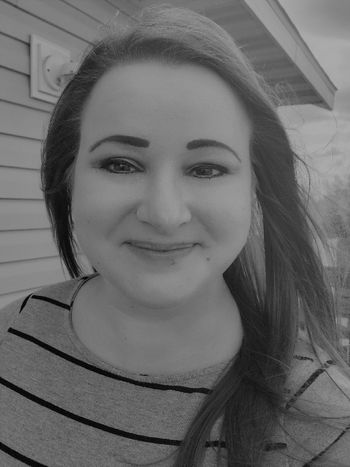Vanderbilt uses 'Feelings Wheel' for diversity training
Vanderbilt University uses the 'Feelings Wheel' as a resource in its 10-day diversity training program.
Robin DiAngelo's 'White Fragility' is also part of the program.
Vanderbilt University is asking its diversity training participants to journal their emotions using a “Feelings Wheel” as a reference.
The exercise occurs on Day 1 of Vanderbilt’s 10-day training program.
Users are told, “Start with one of the seven core emotions and then work your way out to dig deeper into its derivatives. Or identify a higher-level feeling and track it back to the core emotion.”
The seven core emotions are “happy,” “sad,” “disgusted,” “angry,” “surprised,” “bad,” and “fearful.” Those then branch out to two additional rims for a total of 130 feelings, which include “awful,” “cheeky,” and “confused.”
Vanderbilt also provides a PDF titled “Mentoring with Culture in Mind,” which contains an excerpt from Robin DiAngelo’s “White Fragility.”
Campus Reform previously reported on Robin DiAngelo getting paid significantly more for a speaking engagement than a Black speaker at the same university.
The website also includes a university statement stating, “Vanderbilt is committed to fostering a culture of inclusion and care where every community member feels supported and experiences a strong sense of belonging.”
“As part of this commitment, university leaders are actively working to mitigate the effects of unconscious bias, along with implementing new educational opportunities for community members to meaningfully engage with this issue,” the statement continues.
[RELATED: California university pays faculty to attend CRT training sessions]
The rest of the nine training days are titled, “Identity, Racial and Ethnic Socialization,” “Contextualizing Intersectionality — Our Narrative, Our Stories,” “White Privilege and Whiteness,” “Understanding the Link Between Race, Ethnicity, and Sexualization,” “Addressing the Four Levels of Racism — Internalized Racism (within the individual),” “Addressing the Four Levels of Racism — Interpersonal Racism (between individuals),” “Addressing the Four Levels of Racism — Institutional Racism (within and between institutions and systems of power),” “Addressing the Four Levels of Racism — Structural Racism (underneath, all around and across society),” and “Final Reflections for a New Narrative.”
Campus Reform has reached out to Vanderbilt University for comment and haven’t received a response.

